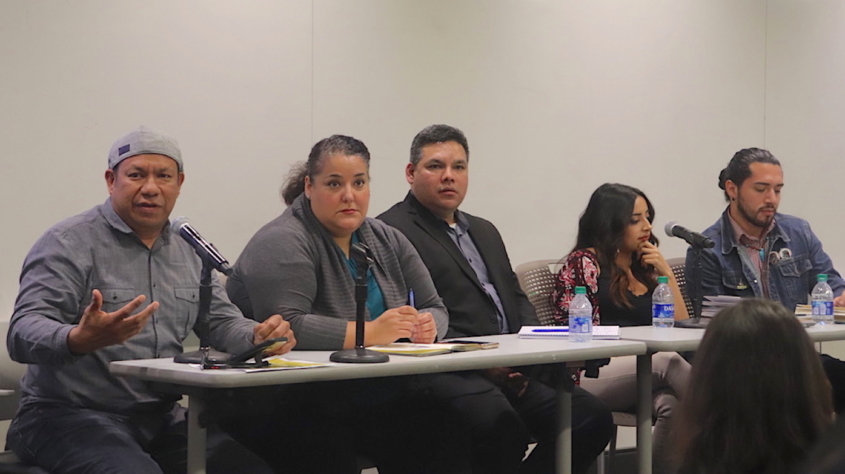
A Migrant’s Tale of Struggle, Survival and Resistance
A conference highlighting the unique challenges of Central Americans who migrate to Mexico and the United States drew students, scholars and activists to UCLA Luskin to share knowledge and encourage more holistic and human portrayals of the refugees. The Jan. 30-31 conference featured panelists from the United States, Mexico and Guatemala, including UCLA faculty experts affiliated with the Latino Policy & Politics Initiative (LPPI), one of the event’s sponsors. Sociology Professor Cecilia Menjívar delivered opening and closing remarks at the multilingual, interdisciplinary conference. Chicana/o Studies Professor Leisy Abrego said critics of immigration reform who wonder why the United States should take responsibility for sheltering asylum seekers often fail to acknowledge that the U.S. incited much of the gang violence in Central America, specifically in El Salvador, Guatemala and Honduras. Amid negative rhetoric portraying Central Americans as criminals or helpless victims, she said, “we always erase, at least in the main discourse, the role of the United States in creating all of this.” Juan Herrera, assistant professor of geography, shared his personal experiences as a dark-skinned Latino in a community known for anti-indigenous sentiments to bring a human face to the economic, political and social struggles faced by Central American migrants. “[In] our current neoliberal economy, migrants are valued solely for their cheap labor without adequately perceiving them as human beings who construct social relationships,” he said. LPPI was one of several UCLA entities sponsoring the conference, including two student-run organizations, the Central American Isthmus Graduate Association and Union Centroamericana de UCLA. — Bryanna Ruiz and Amado Castillo
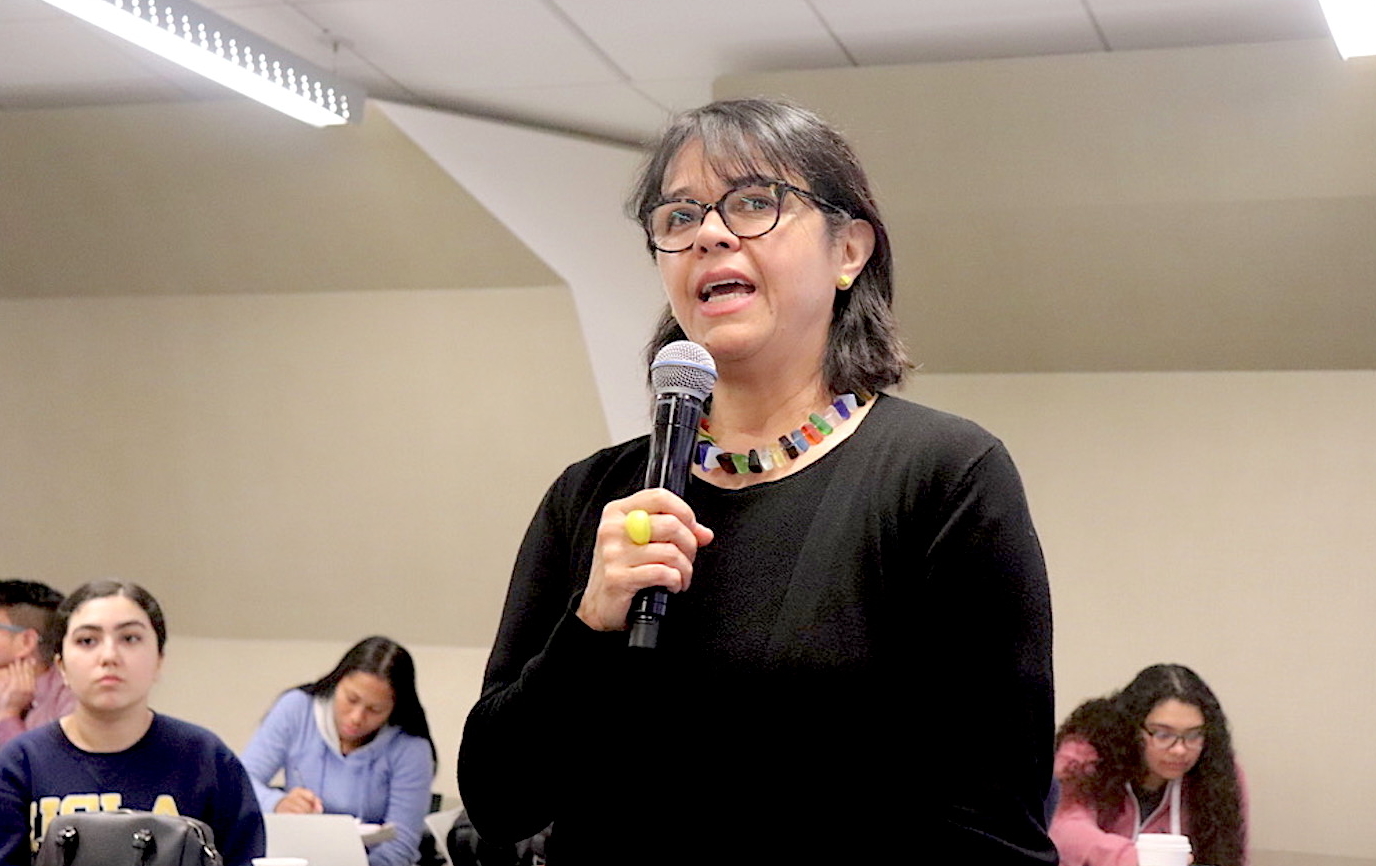
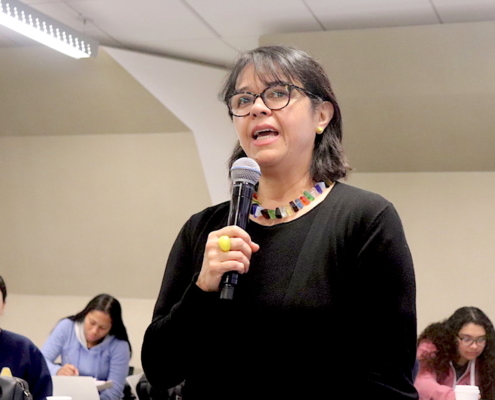
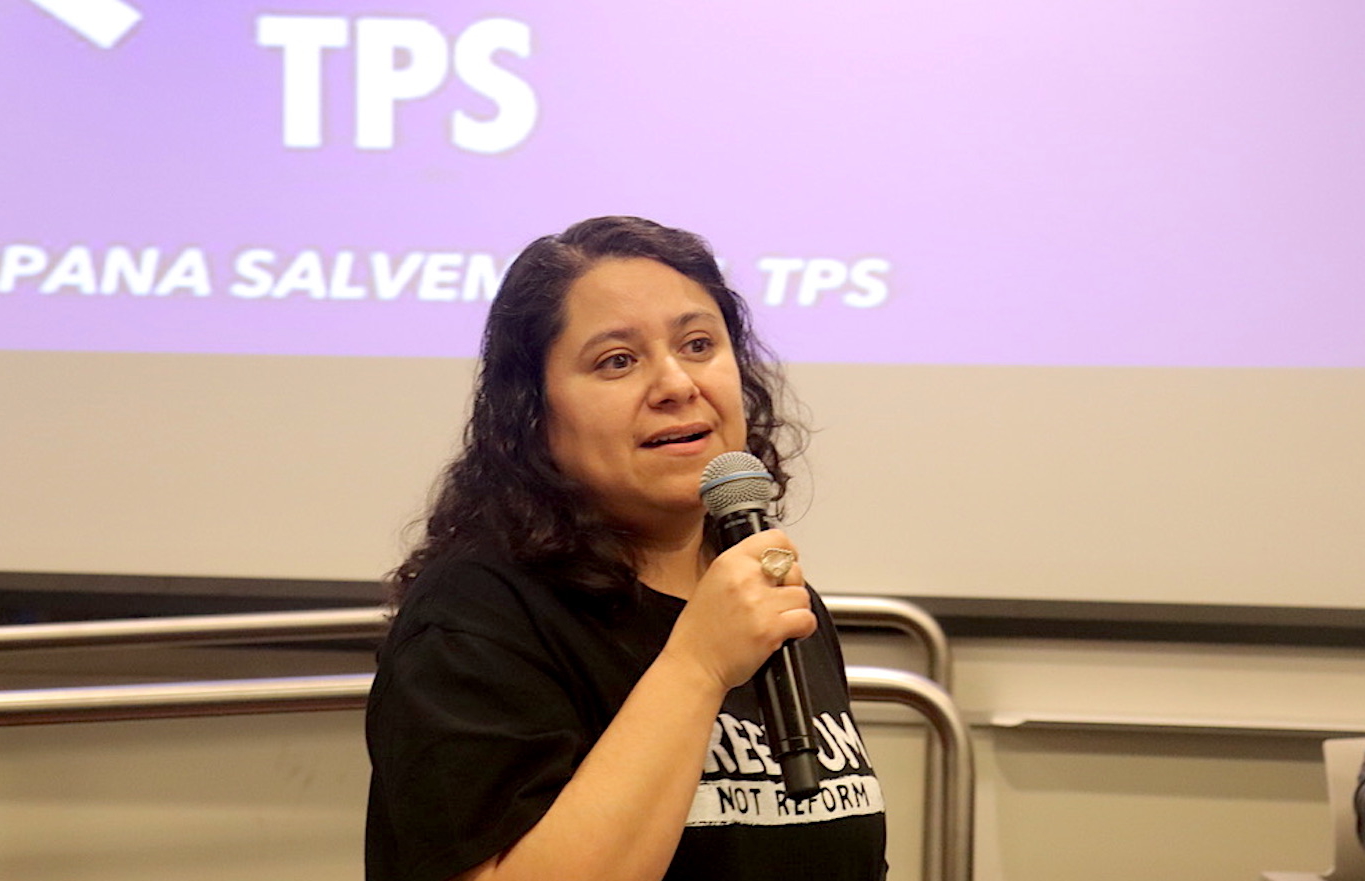
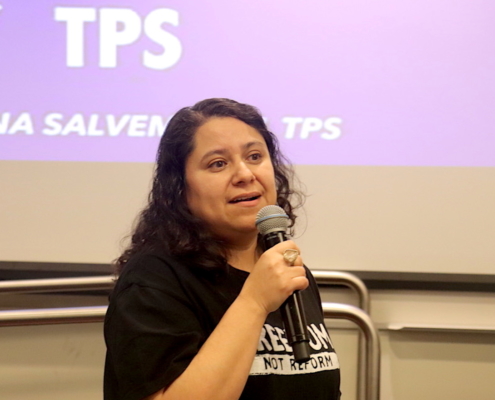
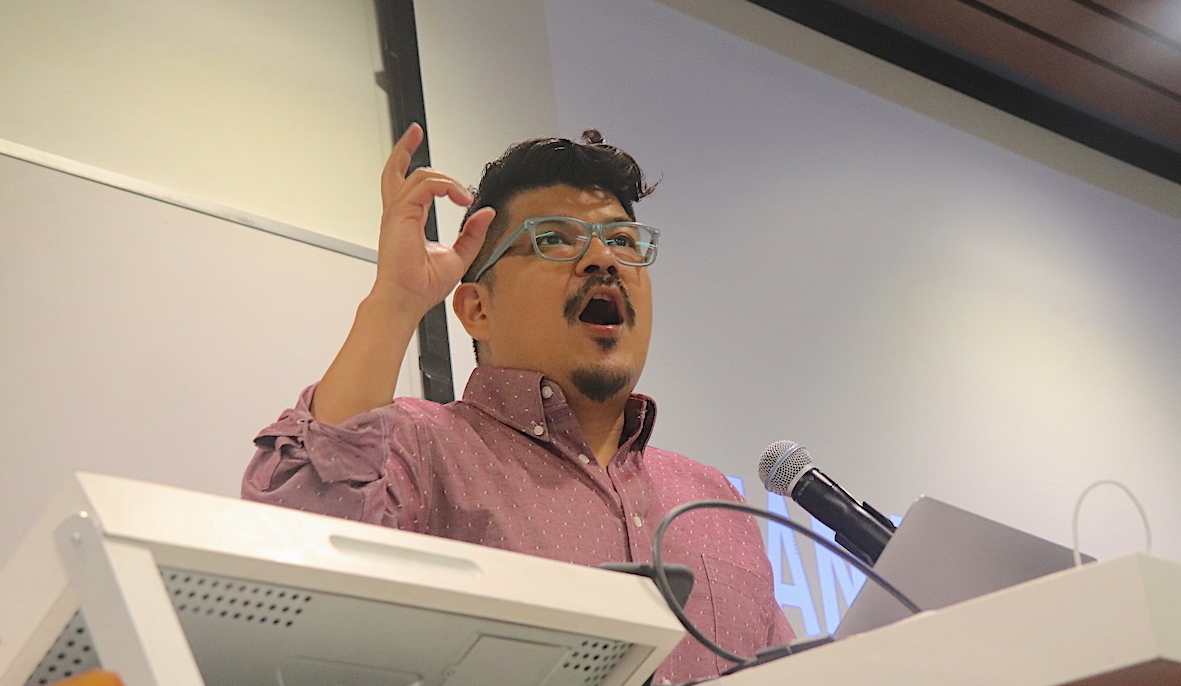
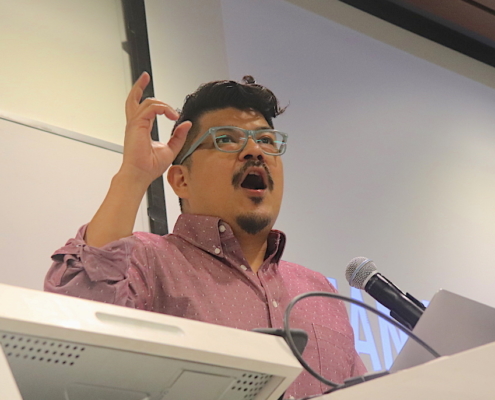
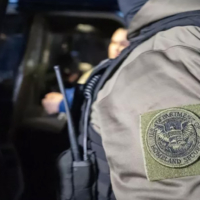
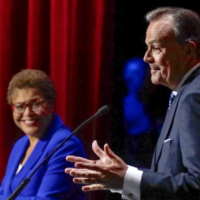

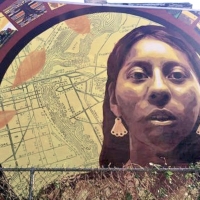
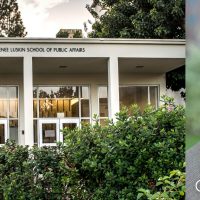


Leave a Reply
Want to join the discussion?Feel free to contribute!